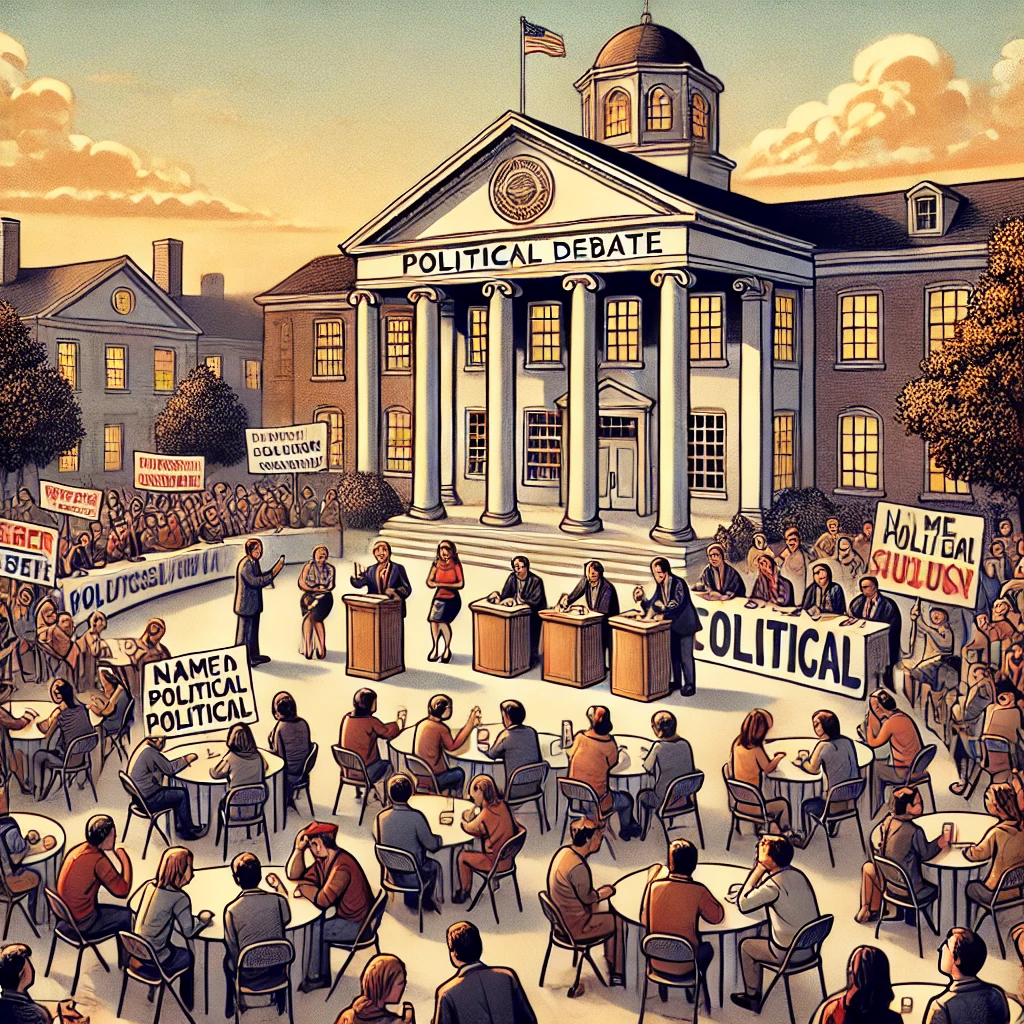
The recent decision to name a Delhi University college after Vinayak Damodar Savarkar has sparked a heated political debate between two of India’s major political parties, the Congress and the Bharatiya Janata Party (BJP). While the BJP supports the move, emphasizing Savarkar’s contributions to India’s freedom struggle, the Congress has voiced strong opposition, questioning his legacy and controversial views.
Savarkar’s Legacy: A Point of Division
Vinayak Damodar Savarkar, a prominent freedom fighter, is often remembered for his role in the fight against British colonial rule. However, his legacy has been a topic of debate due to his later views and writings, particularly regarding issues of caste, religion, and nationalism. Supporters of the BJP argue that Savarkar’s contributions to India’s independence should be celebrated and honored, while critics, particularly from Congress, claim that his ideologies were divisive and not in line with India’s secular values.
A Suggestion for Change: Manmohan Singh’s Name
In response to the decision, the National Students’ Union of India (NSUI), the student wing of the Congress, proposed an alternative: naming the college after former Prime Minister Manmohan Singh, a figure widely respected for his economic reforms and leadership during a transformative period in India’s history. The suggestion reflects a desire to honor figures whose legacies are seen as inclusive and unifying.
Political Tensions Rise
This controversy has intensified political tensions, with both parties using the issue as a platform to rally support. For the Congress, this is an opportunity to criticize the BJP for promoting what they see as a controversial figure, while the BJP sees it as a chance to promote its vision of nationalism and historical revisionism.
The issue raises broader questions about how India chooses to honor its historical figures and whose legacies are deemed worthy of commemoration in the educational sphere. As the debate continues, it is clear that the naming of the college has become more than just a local issue; it has become a flashpoint in the ongoing ideological struggle between India’s political parties.
Conclusion
The controversy surrounding the naming of a Delhi University college after Vinayak Damodar Savarkar underscores the complex intersection of history, politics, and national identity in India. With both parties deeply entrenched in their respective positions, the final decision will likely carry significant political ramifications, influencing not just the legacy of the university, but also the ideological battle shaping the future of Indian politics.





